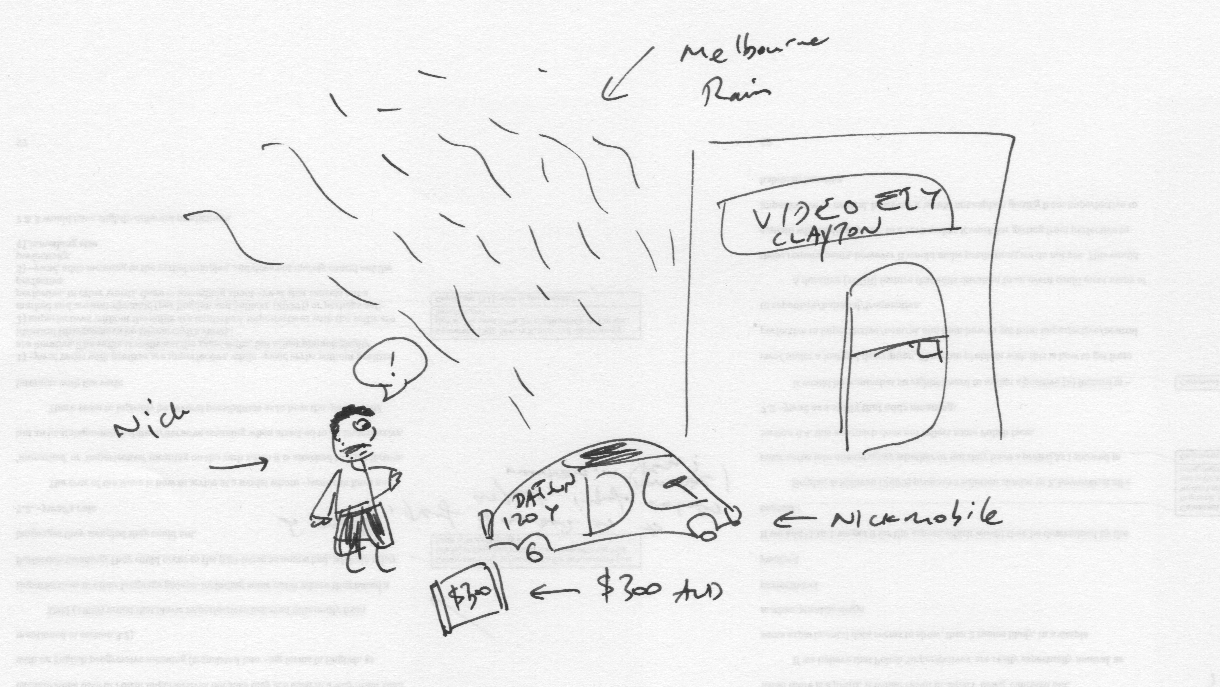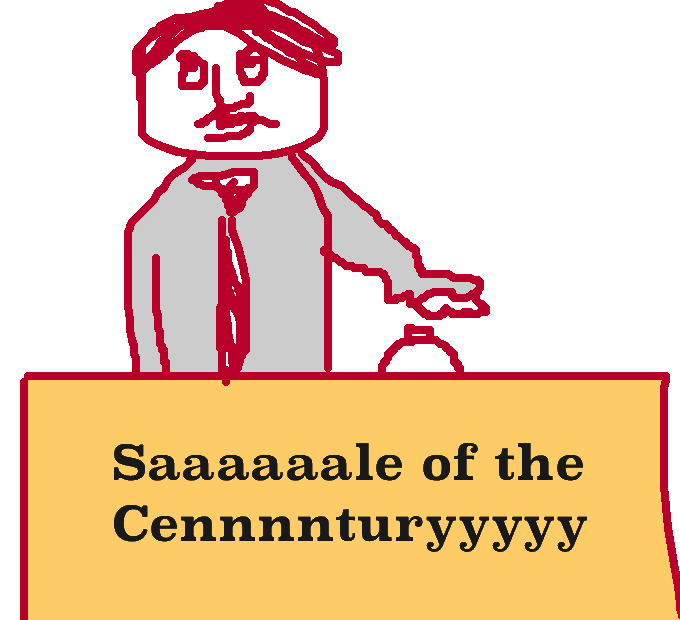Well, there was also a Thermodon river in Boeotia, mentioned by Herodotus (Thermodon – Brill Reference). So it was a real river name, both in Boeotia and in Asia Minor: Terme River.
This commentary on Lysias A Commentary on Lysias, Speeches 1-11 speculates that Therm-odon was picked as the location for the Amazons because Aristotle thought that women were cold and men hot, which would make warm women tomboys. The catch is, s/he goes on to say, Hippocrates thought menstrual blood was evidence that women were hot, and Lysias predated Aristotle.
Pseudo-Plutarch in De Fluviis gave a story for why the “Scythian” Thermodon was so called: Pseudo-Plutarch, De fluviis, XV. THERMODON. Annoyingly, the manuscript cuts out before we get to the story.
EDIT: Thank you Dimitra Triantafyllidou for prodding me in comments: https://www.quora.com/What-is-th…
From List of river name etymologies:
Danube: Latin Danuvius, Dacian: Donaris, from Iranian (Scythian or Sarmatian) dānu- ‘river’, of Indo-European origin.
So while the name translates into Greek as “hot tooth”, the word that looks like “tooth” is likely the Scythian for river.
That doesn’t account for the Boeotian river of the same name, of course…


